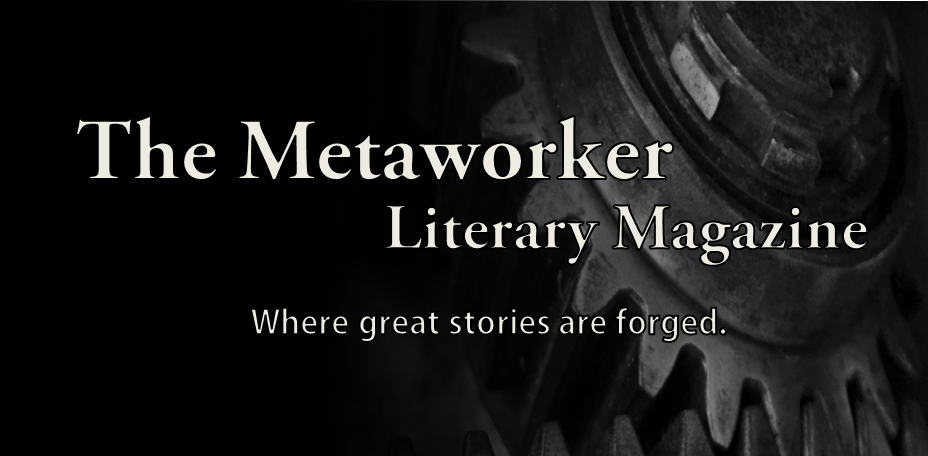I sit down to write, exhausted and drained after a long day of managing online classes (both mine and my children’s) and all my other various activities. I start up a Word document, crack my knuckles, and prepare myself to do some serious writing. One catch. My mind is blank. I have nothing to say. I could write a thousand words about my day to satisfy a word count goal, but that would be journaling instead of creating a story.
I’ve read the how-to-write books which advise me to carry around a notebook to scribble ideas in during whatever five-minute stretch of time presents itself. And I’ve tired, but it doesn’t work for me. I have time to write every evening after everyone is in bed, but by then my shoulders are up to my ears with stress and no matter how enticing I make my room for my Muse, he refuses to show up. Even with my candle of inspiration lit.
I know setting aside time for writing and protecting it is important. Heck, this is the only way for me to do any writing. Finding the time is possible despite having a lot on my plate. No, the problem for me is my creative energy. It drains away much more quickly than anything else. I end up editing the same chapter for three nights in a row. I didn’t create something new, but at least I can say I worked on my novel.
I attended WVU’s webinar on self-care; geared towards college students and how to deal with the stress of quarantine. I waited until they stopped recording to ask the psychology grad students; does stress effect our creativity? And their answer was absolutely. This is the key for me. I’ve never linked self-care and stress management to my creativity and thus my ability to write.
Since I’ve never made this connection before, I wonder what to do if I take an hour-long bath and am still stressed. Does this mean I am doomed to never come up with another story? According to Harvard Business Review’s How to Be Creative When You’re Feeling Stressed not all is lost.

Self-Care, Baby!
First, self-care is not selfish and should be viewed as necessary for recharging yourself and in extension your creativity. Naps, meditation, eating healthy, exercise, and long baths are usually the first things that come to mind when I think of self-care. But anything that lowers your stress levels counts; video games, watching a movie, reading a book, hanging with friends, journaling, and connecting with nature. Just remember to be kind to yourself.
Photo by Taryn Elliott from Pexels
Take the Pressure Off
Creativity needs freedom. If I sit down to write and think “this is the only time I have to write. If I don’t produce something, then I never will” then I am setting myself up for some serious performance anxiety. Much better to say, “I’ll play around and see what happens.”
It’s also helpful to get into the right head space before sitting down to write. I’ve often heard writers recommend doing a menial task; a chore, taking a walk, or hopping in the shower while thinking about the project. This allows time for exploration, checks off the self-care box, and helps you generate ideas for when you do sit down to write.

Two Heads Are Better Than One
Sometimes even after doing these things, I still end up staring at a blank white page with smoke coming out of my ears. Writing is said to be a lonely venture, but I don’t think that is a strict law. Connecting with other writers can give you motivation to write, and they can also help you brainstorm your way past blocks. Sometimes a writing community or group gives prompts or hosts write-ins that get your pen moving (or keyboard clicking). I’ve found that, even without participating in those types of activities, the moral support is enough. Finding someone who sympathizes with your plight can make it seem less terrible and much more manageable.
Positive Feedback Loop
Take better care of yourself, reduce stress, and positivity is sure to follow. When you are in a better mood, your creative energy increases. Happily, doing creative activities also reduces stress according to Boston Globe’s How Creativity Can Help Reduce Stress. One leads to the other, so the effort of learning how to meditate or going to bed earlier can have big payouts, both in life and in writing pursuits.
I didn’t find an easy answer to my creativity and stress problem, but I found hope. I can take steps, make a plan, and learn to manage my stress so it doesn’t become overwhelming. I don’t need to force ideas to come, but rather coax them out with a little patience. I can win the Beast over with kindness and perhaps I’ll end up with my happily ever after.
Featured image by Andrea Piacquadio from Pexels




